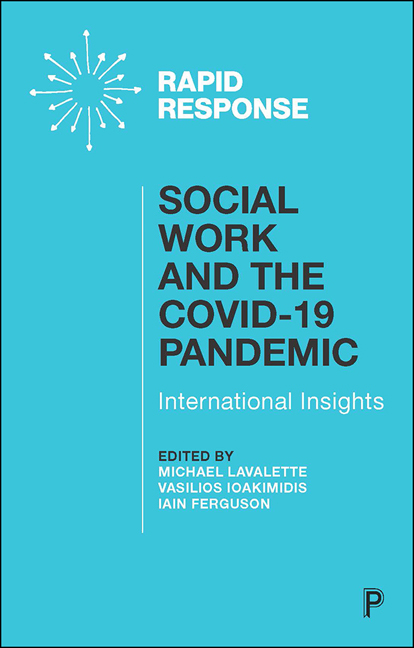17 - Black Lives Matter: Racism, Poverty, Work and COVID-19
Published online by Cambridge University Press: 23 March 2021
Summary
Early on in Britain's coronavirus crisis some of us noted a pattern to the deaths – a disproportionate number of them were from Black, Asian and Minority Ethnic (BAME) communities, and many of them were frontline workers. It was late March, a week or so after the UK had initiated its lockdown, and there were as yet no credible statistics to back up our feelings. But in April came the report from the Intensive Care National Audit and Research Centre (ICNARC 2020). It found that 35 per cent of almost 2,000 COVID-19 patients were “non-white” – three times the expected rate. Some 14 per cent of the most serious cases were Asian, and another 14 per cent were of African or African-Caribbean heritage. This was followed a month later by a report from the Office for National Statistics (ONS) that showed black women are 4.3 times more likely to die from COVID-19 than white women, while black men are 4.2 times more likely to die than white men (ONS 2020).
How can we explain such disproportionate figures? Some have pointed to underlying health conditions that particularly affect black and Asian people and suggested that these factors are unavoidable, or even genetic. This explanation finds much favour on the right, but even some senior health professionals have pursued a similar line of argument. Writing in the doctors’ Lancet journal, Angela Saini spelled out the damaging consequences of this approach:
It has become routine in medical research and clinical practice to categorise people by race and ethnicity. While this is no doubt important in identifying demographic groups who might be disadvantaged by unequal treatment and to spot any environmental or social patterns affecting disease prevalence, these categories are also sometimes used to guide research, diagnosis, and treatment in ways that are not necessarily useful. At worst, they may be reinforcing damaging myths about biological differences between groups …
The temptation to group people by perceived common traits is known in any other sphere of life as stereotyping. I would argue that in medicine there is also a dangerous habit of racial stereotyping. This tendency to treat people in the same social group as similar, to enter into biological essentialism, too easily glosses over the complexities and breadth of individual differences. (Saini 2020)
- Type
- Chapter
- Information
- Social Work and the COVID-19 PandemicInternational Insights, pp. 125 - 130Publisher: Bristol University PressPrint publication year: 2020



